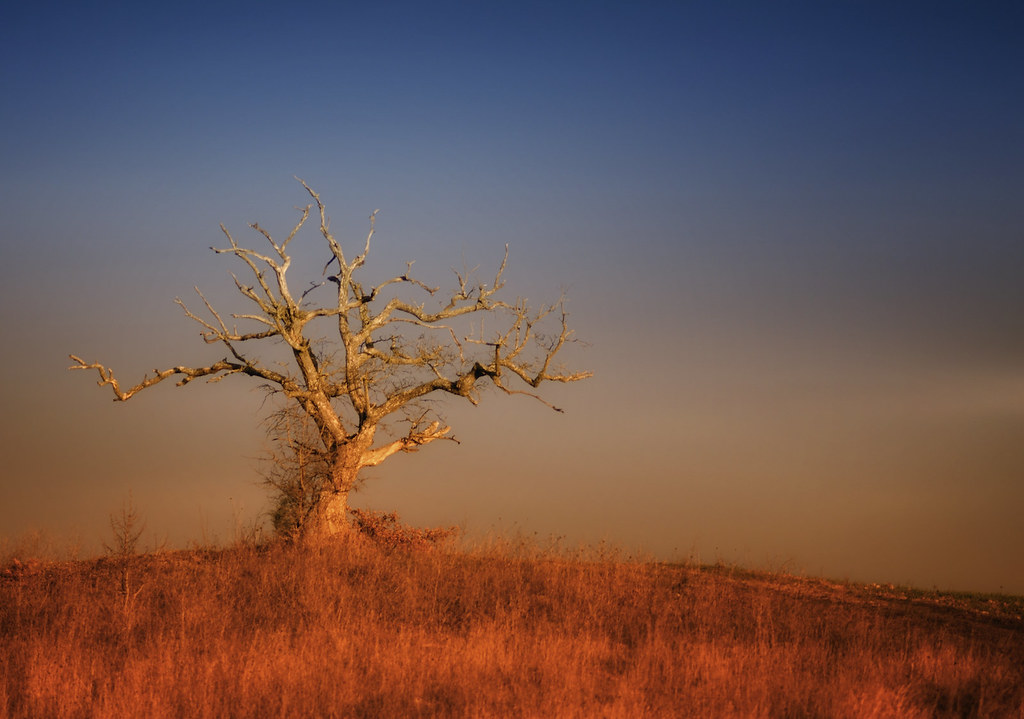They pay for climate change in South Sudan with permanently submerged land.
- Most Sudanese have lived in extreme poverty for at least two centuries and, unfortunately, their independence has not allowed them to improve their situation, which is that of the poorest countries in the world, because of several wars. In this extremely fragile context, climate change poses a new challenge by adding floods to war-driven refugees. Who will pay for the damage caused by climate change suffered by the territory?

One of the countries least cited by the mainstream media is South Sudan, which achieved independence in 2011. Throughout history its inhabitants have remained for a long time on the ground floor of the pyramid of exploitation and oppression. At the time when the United Kingdom had colonized most of East Africa and militarily dominated Egypt to control the Suez Canal, it co-administered with Egypt in Sudan from 1899 to 1956. Within the Sudan of the time, British colonial policy gave priority to the development of the Arab North, apart from the dark-skinned living in the South. In the south they lacked schools, hospitals, roads and bridges.
After becoming an independent state in 1958 in Sudan, they maintained the same policy and continued to leave the South behind. This provoked several riots, as well as the longest wars of independence in Africa, the first that lasted between 1955 and 1972, until the status of autonomy was achieved, and the second that occurred in 1983, due to the abolition of the statute and that lasted until 2005. In those two long wars, 2.5 million people died – it is easy to say – and, clearly, the country’s underdevelopment situation did not improve. The maternal mortality rate and the female illiteracy rate were the highest in the world in 2011, when the State was created. If it is not enough to suffer this long list of sufferings, in 2013 a civil war broke out between the followers of Salva Kiir, ethnic and Catholic Dinka, and of Vice-President Machar, Nuer of ethnicity and Presbyterian, rather than a political, ethnic and religious division. Estimates indicate that more than 400,000 people died in this war civil.Desde then, conflicts between the two ethnicities continue.
Water also became an enemy
In this political and economic context, it is not surprising that South Sudan ' s main activity is pre-industrial cultivation, although like other poor regions, such as Baluchistan, it is very rich in natural resources. There are many ferrerias, copper, chrome, wolframite, diamonds, tequas and wood. But 90 percent of the value of exports is oil, which burns in industrialized countries and increases climate change, and in many countries in Africa is known as "devil's poop."
In terms of climate, this upper part of the White Nile basin has two seasons: dry from November to April and rainy from April to November. In the north, a large swamp called Sudd was swollen with water from the wet season, and then in the dry season, the water would return to the river and evaporate. According to this cycle, the transhumance of animals and sows and cereal crops was organised, from always – according to the oral knowledge of local farmers and farmers – until 2019.
In recent years, however, climate change has completely deregulated this cycle, reinforcing the rainy season and permanently flooding large areas. The 2019 floods mobilized 290,000 people, hoping to return to their lands in the next dry season. By 2020, 442,000 people had been displaced and by 2021 were 505,000. The White Nile can no longer absorb everything by the force and length of the rains, the clayey soils are drained and the next wet season accumulates new water that remains from the wet previous season. 90% of the state of Unity in the north, that is, 1.7 times the surface of the Basque Country, is underwater. In 2014, a large civilian war refugee camp was built in the capital of Bentiu. In October 2023, he received more refugees than in the darkest time of the civil war. When it was built there was not yet a flood, but it is currently under the water level surrounded by a field and a few dirt dikes that pump continuously.
Under these conditions, some 150,000 people survive, most of them farmers or farmers. A number of farmers have moved to the unflooded areas of Equatoria, south, in search of new pastures, on a route of several hundred kilometres, with water sometimes to the waistline and many animals lost on the way, either by sickness or theft. At Equatasa and its labourers, tensions are created and indigenous ecosystems are broken: How do you get a place for more people and cows without occupying native grasslands and fields and without cutting the jungle? Moreover, the fact of belonging to different ethnic groups does not reduce tension, especially when the wounds of the civil war remain uncured and an armed group that does not accept the peace agreement continues with the kidnappings.
Land lost under permanent flooding
Between 2020 and 2022 alone, 2.6 million people moved to South Sudan. Of these, 1.5 million were displaced by floods and 1 million by conflicts, although in particular the two are related: vulnerability after civil war reduced the capacity to resist floods and floods caused internal conflicts.
In addition to drowning pastures, stagnant water has spread the diseases caused by malaria and dirty water, as well as the increase in bites, according to the organization Médecins Sans Frontières. Fish can be found in stagnant waters and fished, but they do not compensate for lost crops and animals.
Also oil pollution
Clay soil, excess water, refugees, exiled farmers, conflicts, diseases, snakes and, in addition, another inhumane variable: oil wells. Most oil wells are in the state of Unity, which has 90% of its submerged surface. In the first extraordinary rains of 2019, an oil pipe was broken that polluted the surrounding waters and lands. The pollution was so rapid that some calves were born without heads or limbs, as former oil engineer David Bojo Leluk explained to the British BBC.
Devil shit: burned alters the climate and submerges the lands, increasing poverty and conflict, and with immersion, it breaks the pipes and poisons lives. Azerbaijan is making progress these days at the COP29 climate change summit, which, although seemingly ironic, is run by an oil tanker. Compensation to the countries most affected should be better defined. We do not know in this paragraph whether they will be properly quoted in South Sudan, but at least we wanted to refer to that paragraph here.
Klima aldaketaren eraginez, munduko lurralde gero eta gehiago idortzen ari dira, milioika pertsonaren jarduera eta bizimoduak kolokan ezarririk. Fenomeno horren frontean dago India erdialdeko Maharashtra estatua, non klimaren berotzeari eta lehortzeari metatu zaizkien oihan... [+]
Today’s Venice is built on an archipelago of 118 islands. These islands are connected by 455 bridges. The city is based on mud rather than Lura. Millions of trees in the area were cut down from the 9th century onwards to build piles and cement the city. Years have passed and... [+]
Lurrak guri zuhaitzak eman, eta guk lurrari egurra. Egungo bizimoldea bideraezina dela ikusita, Suitzako Alderdi Berdearen gazte adarrak galdeketara deitu ditu herritarrak, “garapen” ekonomikoa planetaren mugen gainetik jarri ala ez erabakitzeko. Izan ere, mundu... [+]
Eskola inguruko natur guneak aztertu dituzte Hernaniko Lehen Hezkuntzako bost ikastetxeetako ikasleek. Helburua, bikoitza: klima larrialdiari aurre egiteko eremu horiek identifikatu eta kontserbatzea batetik, eta hezkuntzarako erabiltzea, bestetik. Eskola bakoitzak natur eremu... [+]
Agintari gutxik aitortzen dute publikoki, disimulurik eta konplexurik gabe, multinazional kutsatzaileen alde daudela. Nahiago izaten dute enpresa horien aurpegi berdea babestu, “planetaren alde” lan egiten ari direla harro azpimarratu, eta kutsadura eta marroiz... [+]
Biologian doktorea, CESIC Zientzia Ikerketen Kontseilu Nagusiko ikerlaria eta Madrilgo Rey Juan Carlos unibertsitateko irakaslea, Fernando Valladares (Mar del Plata, 1965) klima aldaketa eta ingurumen gaietan Espainiako Estatuko ahots kritiko ezagunenetako bat da. Urteak... [+]
Nola azaldu 10-12 urteko ikasleei bioaniztasunaren galerak eta klima aldaketaren ondorioek duten larritasuna, “ez dago ezer egiterik” ideia alboratu eta planetaren alde elkarrekin zer egin dezakegun gogoetatzeko? Fernando Valladares biologoak hainbat gako eman dizkie... [+]
Eskoziako Lur Garaietara otsoak itzularazteak basoak bere onera ekartzen lagunduko lukeela adierazi dute Leeds unibertsitateko ikertzaileek.. Horrek, era berean, klima-larrialdiari aurre egiteko balioko lukeela baieztatu dute, basoek atmosferako karbono-dioxidoa xurgatuko... [+]









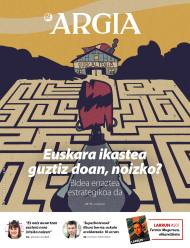


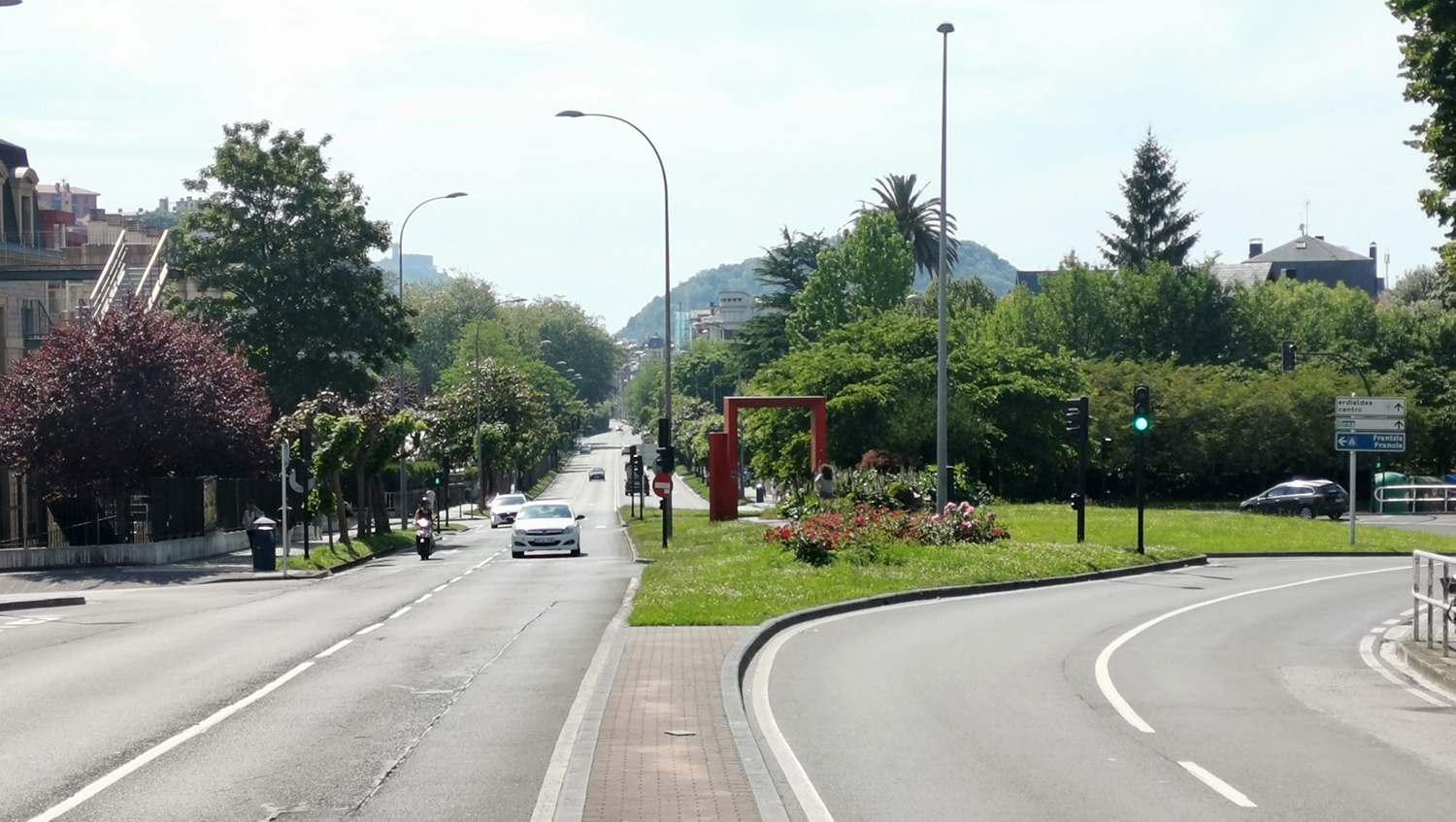




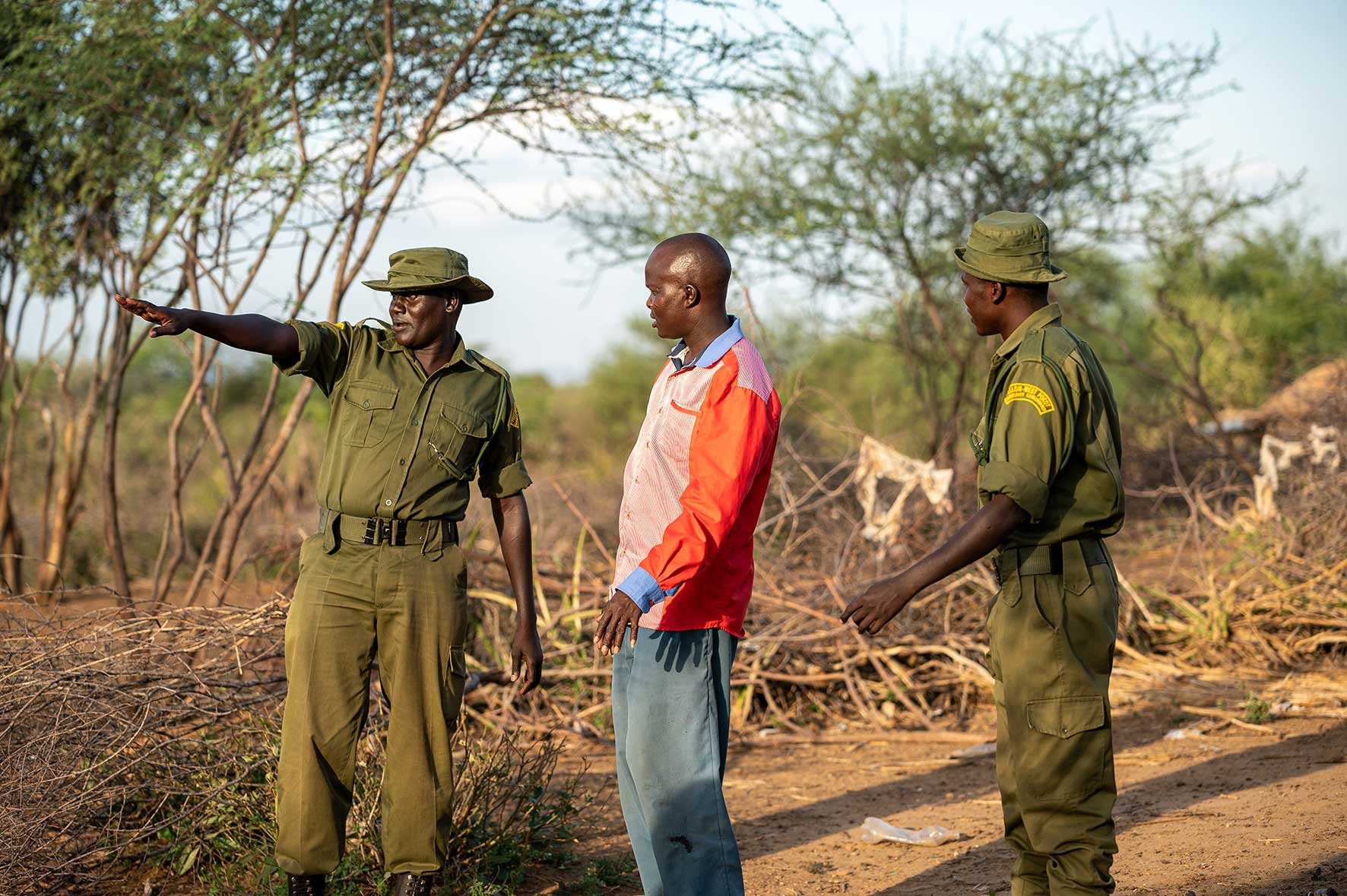
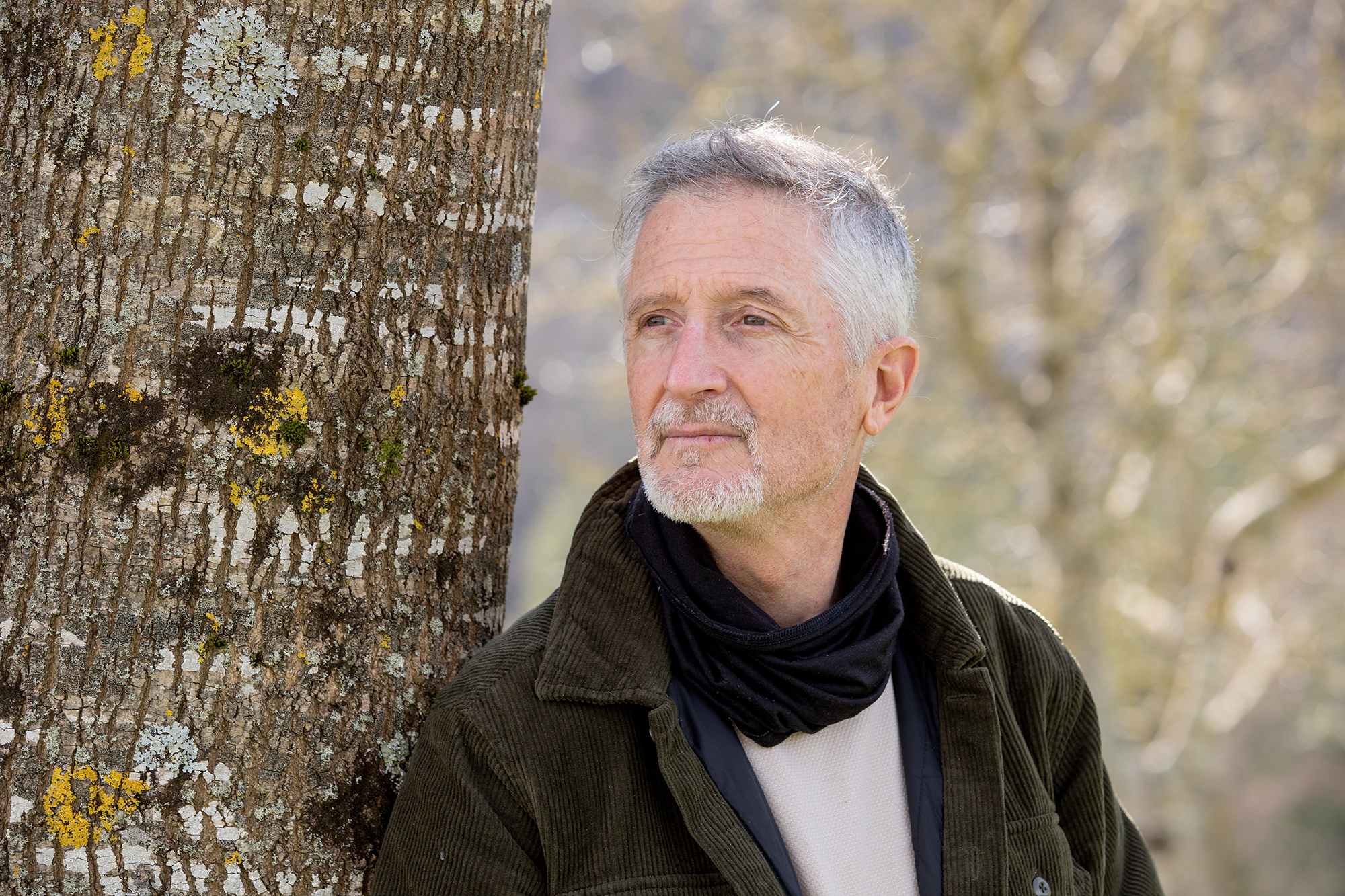

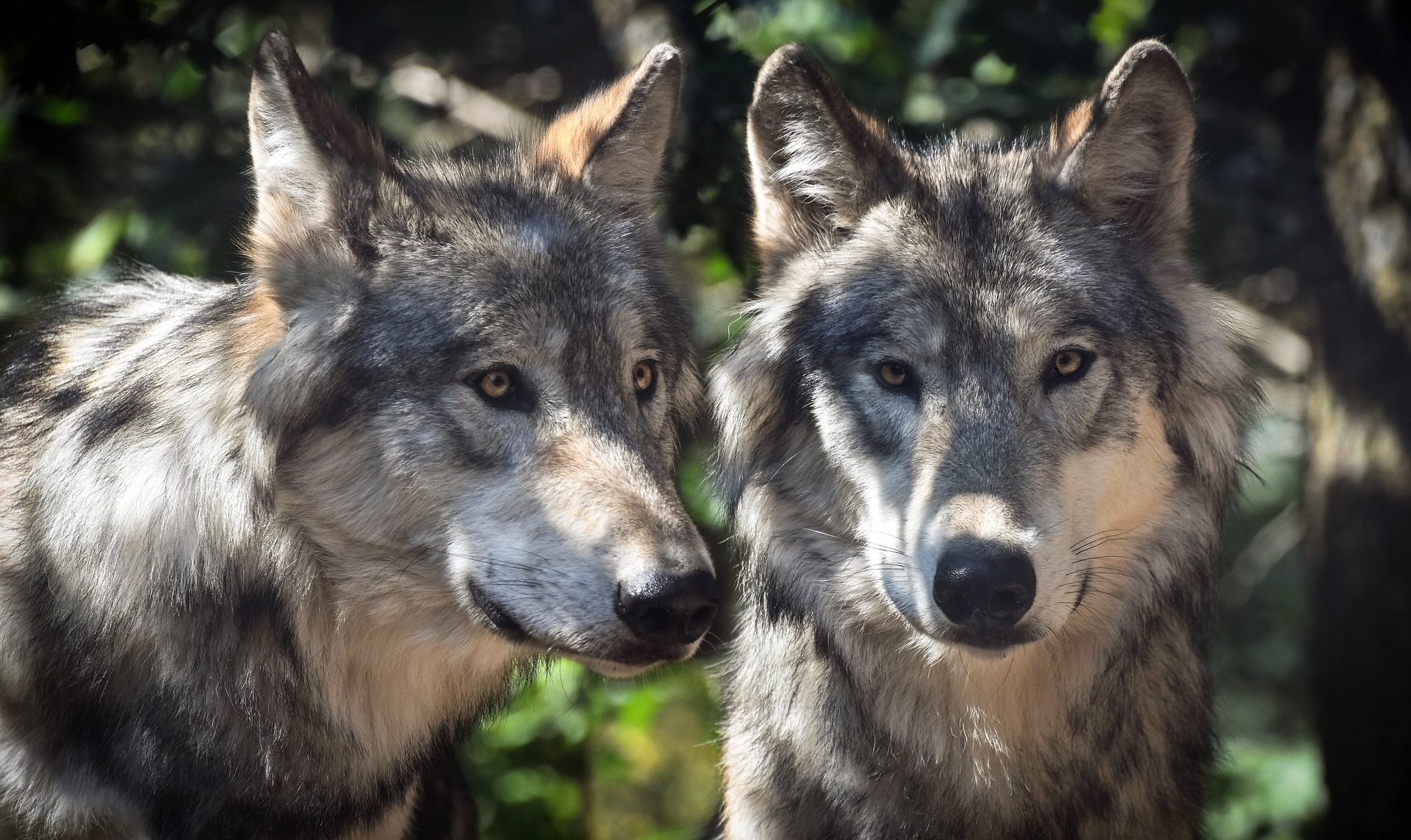
_Glaciar.png)
